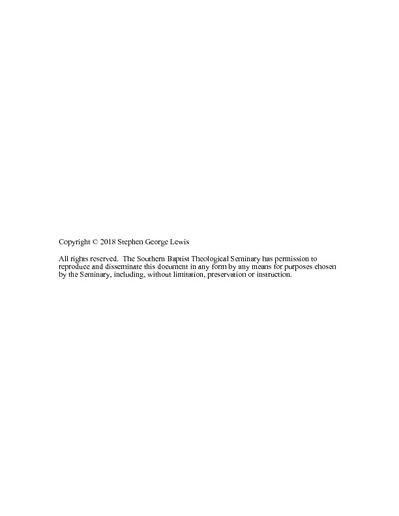| dc.description.abstract | This dissertation is a study of Google’s ability to function as an expert in the field of world religions. Employing three case studies within the area of Islamic ethics, this study determines Google’s ability to function as an expert compared to a leading research tool in the humanities, JSTOR. The study incorporates a literature survey of the three areas of Islamic ethics (divorce, banking, and war) to serve as a baseline for the evaluation of Google and JSTOR search results. The study utilizes a two-level comparison.
Chapter 1 outlines the work and sets the stage for why the work is important. The chapter also outlines the methodology of the work.
Chapter 2 delves more deeply into the methodology by outlining the study upon which the first-level comparison is based. The chapter also describes how the current study expands and adapts that methodology for its purposes.
Chapters 3 and 4 survey literature related to the three areas of Islamic ethics: the rights of women in divorce, mudaraba banking, and just war. Chapter 3 surveys primary sources, while Chapter 4 surveys secondary literature. The literature survey provides a baseline the study uses to analyze the reliability and coverage of Google and JSTOR.
Chapter 5 contains the results of the first-level comparison. The chapter compares Google and JSTOR search results to determine the relevance and quality of the results.
Chapter 6 conducts the second-level comparison. This chapter compares and analyzes the content of the relevant results. The contents of the search results are first compiled. Then, a point-by-point comparison is conducted to determine the reliability and coverage of Google to function as an expert in the field of world religions. In short, Google functions just as well as JSTOR as an expert in the field of world religions. Furthermore, Google answers questions with relevant and reliable content, while also demonstrating coverage in the same manner as the literature survey.
Chapter 7 is a conclusion. The chapter reviews the findings of the study, notes the significance of the study, and provides thoughts on further study. | en_US |

